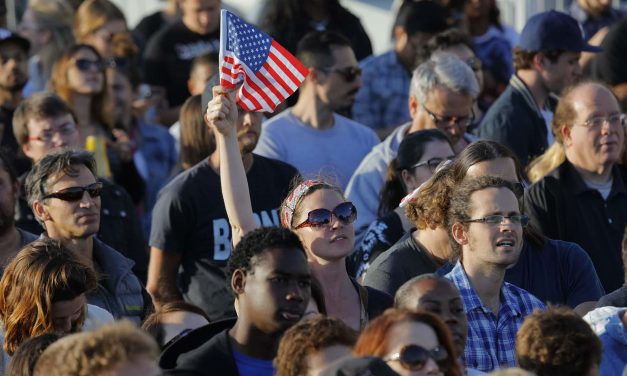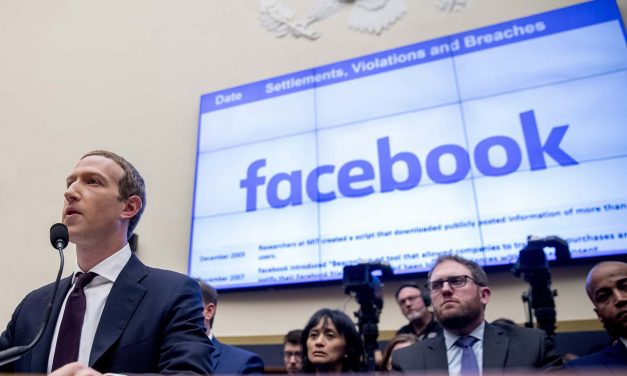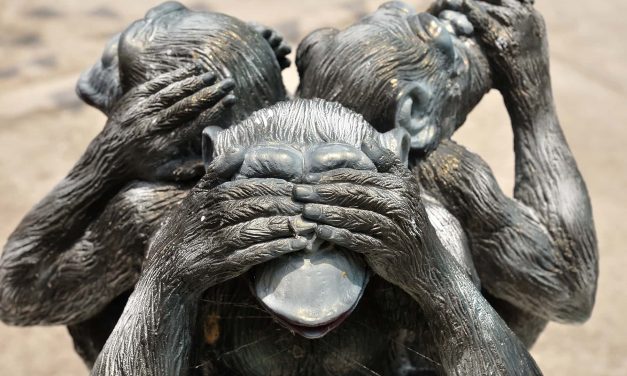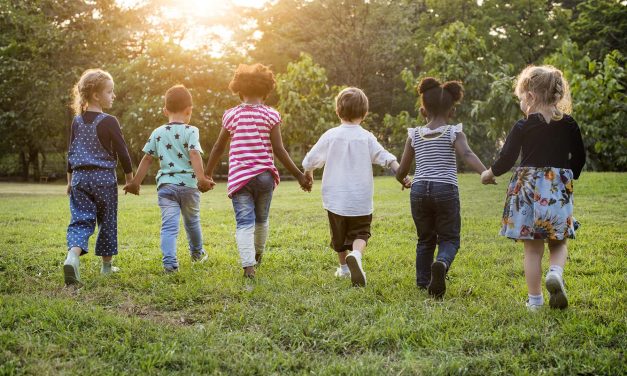The mental health of black youth: A one-size-fits-all approach does not identify suicide risk
By Rheeda Walker, Professor of Psychology, University of Houston Teen suicide rates among black youth are increasing. In 2016 and again in 2018, national data revealed that among children age 5-11, black children had the highest rate of death by suicide. For the years 2008 to 2012, 59 black youth died by suicide, up from 54 in the years 2003-2007. Also, the 2015 Centers for Disease Control and Prevention’s biennial Youth Risk Behavior Survey reported that, compared to non-Hispanic white boys, black high-school age boys are more likely to have made serious suicide attempts that require medical attention. I...
Read More















